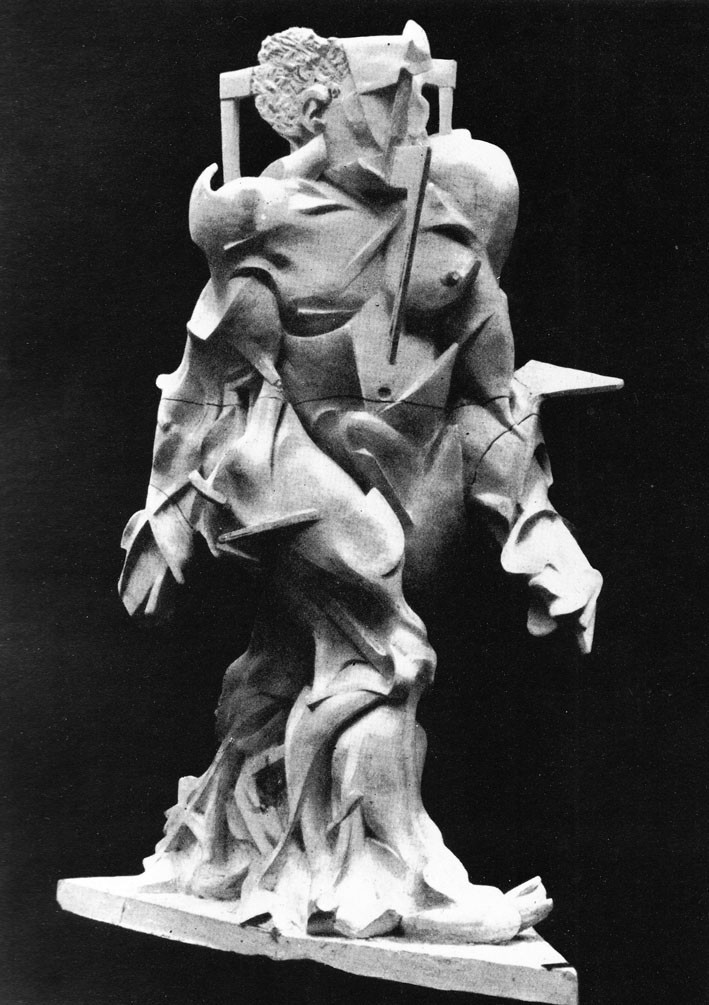A Guide to Great Arms
Chrysta Brown
 My sister and I used to have picnics in our family garden and study Greek Mythology.
My sister and I used to have picnics in our family garden and study Greek Mythology.
Well, not exactly.
What we actually did was sit on a blanket with flowers on it—our mother referred to this as the garden—and watch Xena and Hercules. We probably ate pizza on paper plates. Come to think of it, the paper plate thing may have only happened once and, for reasons I cannot even begin to explain, I just remember that one time quite fondly.
About a month ago, I relived this memory with my fiancé. We sat on the couch, ate pizza (on real plates) drank wine, and prepared to binge watch Hercules. “This is not good,” I said. It wasn’t bad in a way that can be excused by 90’s nostalgia, but it is a poorly designed, written, and acted production. As we watched Kevin Sorbo brood and throw things, I struggled to remember what exactly I, as either a child or adult, liked about this show. I like drawing doodles of cyclops. I like loose, flowing dresses that resemble bed sheets. I have an obsession with deltoids, which I believe is a direct result of a vested Kevin Sorbo and those upper arm bangles that every female character wore. “Nope,” Sean shook his head. “It’s not great. Not at all.”
The deltoid is one of the muscles in the shoulder. It is used for lifting, hugging, holding, and hanging on. While weight and resistance are great ways to strengthen and sculpt the muscle, there are three main ways to strengthen and sculpt your deltoids without external assistance. The first is abduction. It is the act of moving something away from the center of your body. The second way is a yoga pose known as a downward dog. In addition to forcing the hands and shoulders to endure the weight of an inversion, this pose increases blood circulation and detoxifies the body. It is like the movement version of a juice cleanse. The final way to get Herculean arms is pushups, forcing yourself to get off of the floor, to fall, and to push yourself back up again.
For a muscle to strengthen it has to tear. The tears are small. They are not without pain or discomfort. Science says that when, or if, the muscle repairs, the new muscle is stronger. Tears are real. They hurt. Eyes tear. Muscles tear. Communities tear. We can only hope that when healing has taken place, it has done so with enough precision and strength to make us forget how bad everything was before.